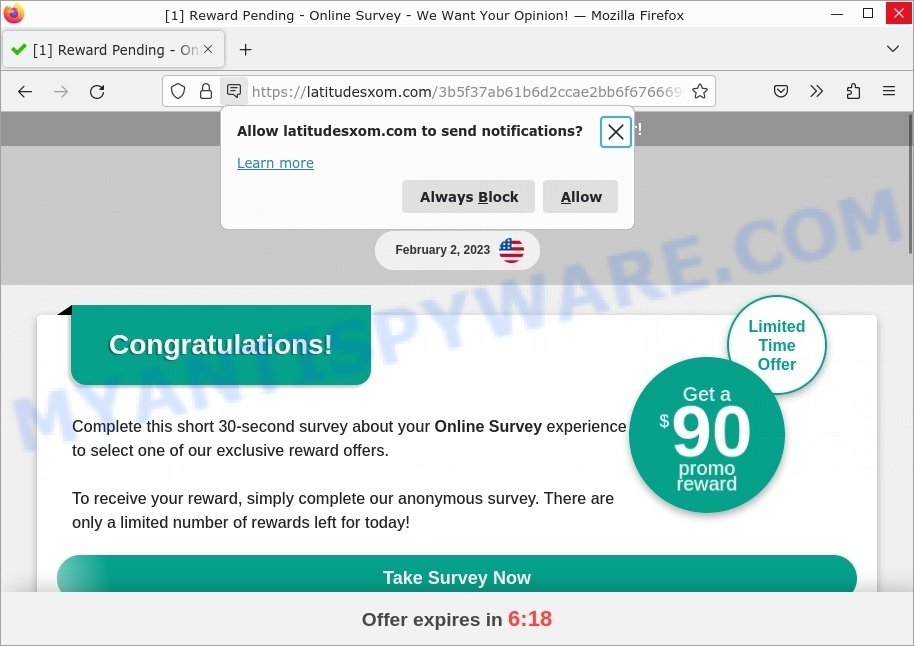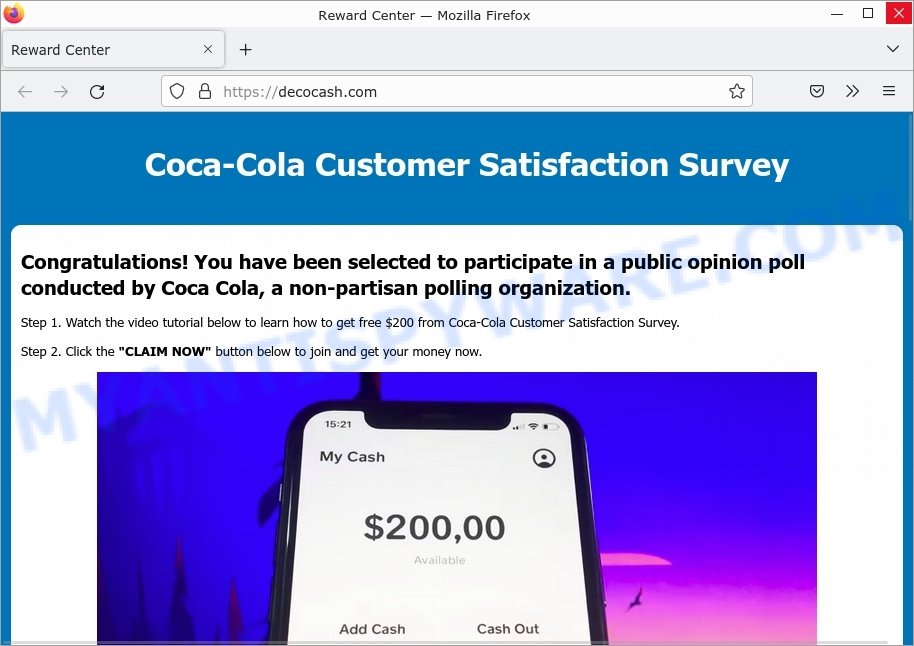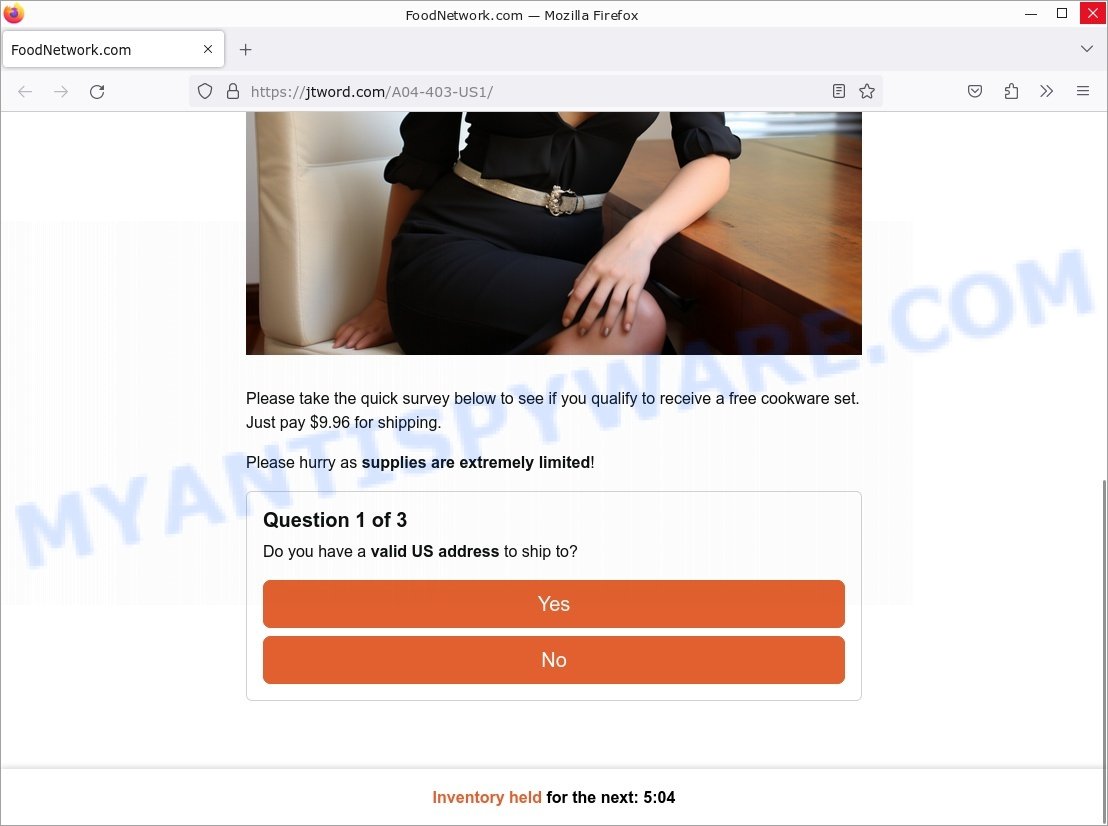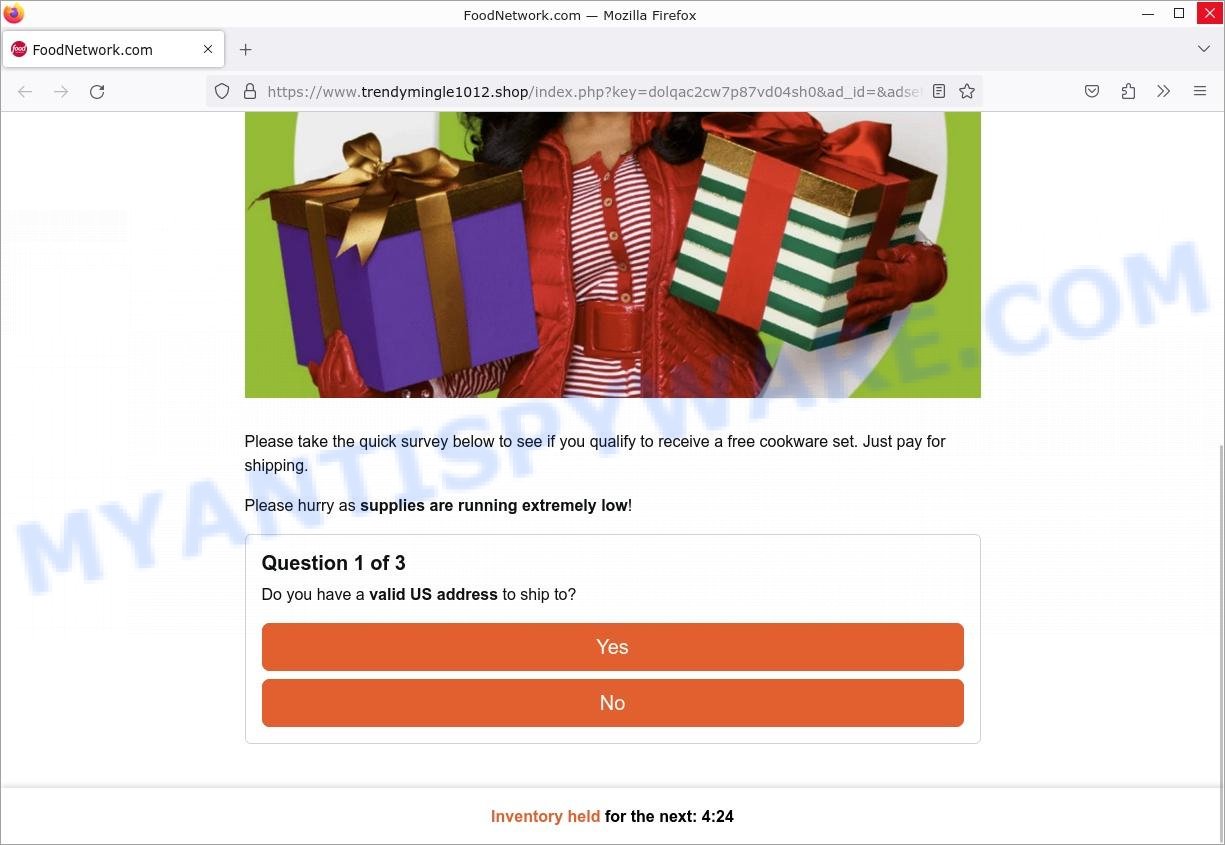Have you come across a website called ReviewDollar.com, using Dollarama’s logo and saying you can get a $250 Dollarama Gift Card if you complete a few steps like entering your email and basic info, and finishing some “recommended deals”?
Question: Is this ReviewDollar.com offer for a $250 Dollarama Gift Card real, safe, and allowed?
Investigation Findings: This offer is not from the real Dollarama company. The website asks for your personal information and makes you do extra tasks which could involve signing up for other services, possibly sharing more of your data or spending money. Such offers are not backed by Dollarama, even if the logo looks real. These tricks are common online, and hundreds of people have reported losing time, private details, and sometimes money.

Answer: ReviewDollar.com is a fraudulent gift card scam. 💡 To protect yourself from scams like this, always check offers with the official company’s website or social media before sharing your information. Additionally, be careful with any website that asks you to complete deals or pay money to get a “free” gift card.
🕵️♂️ How the ReviewDollar.com $250 Dollarama Gift Card Scam Operates
Scammers behind ReviewDollar.com begin by running targeted advertisements and sponsored posts across social media platforms like Facebook and Instagram. These eye-catching ads promise an easy reward—claiming users can get a “$250 Dollarama Gift Card” just by completing a few simple steps. The promotional materials feature official Dollarama logos, bright colors, and generic user avatars to convey legitimacy and urgency, with messages like “137 people claimed this offer today”.
When users click on these ads, they’re sent to a slick website that mimics the look and feel of an official Dollarama or reputable contest portal. Instructions are prominently displayed: “Complete the Steps to Claim your $250 Dollarama Gift Card”. The process asks for an email address and personal information, followed by a requirement to complete various “recommended deals” or sign up for third-party subscription offers—often meaning users must provide more sensitive data or even payment information.
A favorite tactic of these scams is to include fake testimonials and fake Frequently Asked Questions, all painting the giveaway as easy, safe, and widely redeemed. They often add urgency with phrases like “OFFER AVAILABLE IN CANADA ONLY” or “only a few gift cards left”, making people feel the need to act quickly before missing out.
Scammers often fabricate or misuse official-looking badges and logos (such as the Dollarama logo) to give their operation a veneer of authenticity, even though there is no real affiliation with the retailer. They may also include fake counters showing how many people have “claimed” the offer to further boost credibility.
After users jump through hoops and sometimes even enter credit card information for “verification” or to “complete required offers”, many find there is no $250 gift card at all. Instead, victims are bombarded with spam, their information is shared or sold, and some discover unexpected recurring charges for services they never wanted to sign up for. Attempts to contact customer service often go unanswered, and the “refund process” is either incredibly complicated or entirely non-existent.
In summary, the ReviewDollar.com scam uses aggressive online ads, fake endorsements, misleading terms, and deceptive website design to trick consumers into giving up their private information or money—all for a Dollarama gift card that doesn’t exist. Ultimately, those targeted by the scam are left frustrated, exposed to ongoing spam and financial risk, and without the promised reward.
Examples of such scams
A few examples of such survey scams: You’ve made the 5-billionth search, CashApp Reward Survey SCAM, 2023 Annual Visitor Survey, $750 Cash App Survey, Chrome search contest 2022.
In fact, there are many more, the Internet is full of fraudulent websites, ads, social media pages, and apps promoting different “giveaway”, “online survey”, and other “get rich quick” schemes. So be careful!
How to protect against Survey Scams
To avoid becoming a victim of scammers, it is important to always keep in mind:
- NO ONE EVER WINS MONEY OR PRIZES IN THESE SCAMS!
- NEVER share your personal information.
- Legitimate surveys do not require the disclosure of confidential, personal or financial information.
- Use the official website of the company sponsoring the survey to verify that the survey is legitimate.
- Use an ad blocker. Ad blockers allow you to browse sites without ads, thus eliminating the possibility of clicking on something malicious and preventing it from being downloaded to the device.
- Pay for premium versions of popular services. The easiest way to avoid malvertising (malicious advertisements) and phishing pages is to pay for the service you use. Many Internet services make it possible to use them without ads if you purchase a premium subscription. This helps ensure that malicious ads cannot reach you.
Close the ReviewDollar.com pop-up as soon as it appears on your computer screen. Scammers can prevent you from closing it in various ways. In such cases, close your browser using Task Manager or restart your computer. If the next time you launch the browser, it prompts you to restore the previous session, abandon it, otherwise this scam will reopen on your screen.
Summary Table
| Name | ReviewDollar.com Scam, Fake $250 Dollarama Gift Card |
| Type | Phishing/Promotional Scam |
| How it works | Users are told to give personal info, complete deals, and then never get the promised gift card. |
| Main goal | To collect personal information, trick people into joining other offers, or possibly steal money. |
| Red flags | Unrealistic offer, need to finish many steps, no real contact info, fake urgency, use of Dollarama logo without permission. |
| Advice | Do not share your info, avoid entering your email, and do not believe these offers. Always check with the real store for promotions. | Whois Details | Domain Details: Domain Name: REVIEWDOLLAR.COM Registrar: NICENIC INTERNATIONAL GROUP CO., LIMITED Creation Date: 2025-04-04 Registry Expiry Date: 2026-04-04 Name Server: BART.NS.CLOUDFLARE.COM Registrant Information: None [HIDDEN or REMOVED] |
Conclusion
ReviewDollar.com’s “$250 Dollarama Gift Card” offer is a scam, using manipulative tactics, fake urgency, and fabricated testimonials to lure unsuspecting consumers. The scammers behind this site employ misleading marketing, promising a generous reward in exchange for your personal information and participation in shady “deals”—none of which actually result in a genuine Dollarama gift card.
The website mimics the look and feel of legitimate brands, loudly displaying the Dollarama logo and making false claims to appear credible and trustworthy. They use fake counters showing “137 people claimed this offer today” and bogus FAQs to foster a false sense of authenticity. In reality, there’s no evidence that anyone has ever received the promised gift card; instead, users are led through endless surveys and offers solely to capture their data or sign them up for unwanted subscriptions.
Bottom Line: Avoid scams like ReviewDollar.com’s Dollarama Gift Card offer. Be wary of any deals that demand excessive personal information, ask you to complete multiple “offers,” or rely on fake endorsements and fabricated testimonials. Always verify before participating in online promotions—if it sounds too good to be true, it probably is. Protect your privacy, and don’t fall for these deceptive online schemes.


















